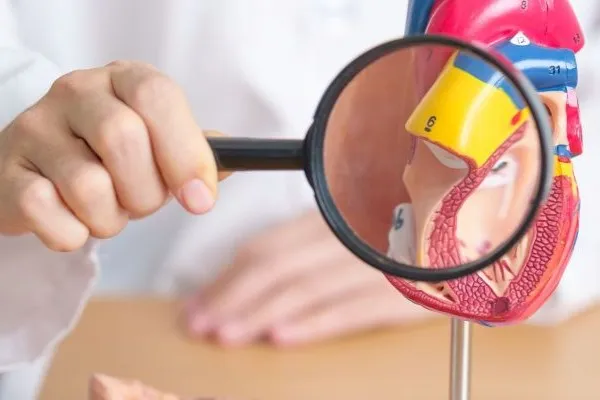Topics
After completing an IVF cycle, it is normal to feel a mix of hope, worry, and physical changes. This guide explains what to expect physically in the days and weeks after IVF.
Right After Egg Collection
You may feel mild cramping, bloating, or have light spotting. These usually resolve within a few days. Rest for a day, and avoid heavy activity.
After Embryo Transfer
Once the embryo is placed in the womb, many people wonder if they should rest completely. But research shows strict bed rest is not necessary, light movement is safe and encouraged. Avoid intense exercise and heavy lifting, but normal activities like walking and gentle tasks are fine (Guinhouya et al., 2022).
Your clinic will give a date for your pregnancy test, typically 16 days after the transfer. Testing too early can lead to false results due to leftover hormones.
Medications and Side Effects
You will likely be taking progesterone, either as a vaginal pessary or injection, to support the uterine lining. Side effects can include bloating, breast tenderness, headaches, or mood changes. Some women experience irritation from pessaries or soreness at injection sites. These usually ease after stopping the medication, around the time of your pregnancy test.
Keep taking progesterone until your clinic advises stopping, especially if your pregnancy test is positive.
The Two-Week Wait
During this time, you may feel tired, bloated, or have breast tenderness – all common effects of IVF hormones. Some patients also experience light spotting or mild cramping. It is important to understand that these signs do not reliably indicate whether the treatment has succeeded or failed.
Pregnancy Test and Scan
Take your pregnancy test on the exact date your clinic recommends. If positive, you will usually have a scan around 7 weeks to check the baby's heartbeat. Unfortunately, not all pregnancies continue as expected. Miscarriages are diagnosed in about 10% to 20% of pregnancies, with the risk increasing with age and other factors.
Warning Signs to Watch For
Most post-IVF symptoms are mild, but some require urgent care:
- Severe abdominal pain or bloating
- Heavy vaginal bleeding
- Breathlessness
- Vomiting or coughing up blood
These may signal ovarian hyperstimulation syndrome (OHSS) or an ectopic pregnancy – both need immediate attention (Mayo Clinic, 2021).
If You are Pregnant
A positive pregnancy test is an exciting milestone, but it is still the very beginning of the journey. Your clinic will usually repeat the blood test after a few days to ensure that hCG levels are rising appropriately, which indicates that the pregnancy is developing as expected. Around 7 weeks, an ultrasound scan will be arranged to confirm the location of the pregnancy and, in most cases, detect the baby’s heartbeat. Until then, it is important to continue taking all prescribed medications and follow your doctor’s advice.
If It Did not Work
A negative result can be deeply disappointing, but it is important to remember that many people require more than one IVF cycle before achieving a pregnancy. Your doctor will review the cycle with you, discuss possible reasons why implantation may not have occurred, and outline your next options, which may include another cycle, further investigations, or supportive care. Emotional support is also important at this stage, and fertility counsellors can provide space to process feelings and plan for what comes next.
FAQs: Frequently Asked Questions
1. Is spotting or bleeding after embryo transfer normal?
Yes, light spotting or mild cramping can happen after embryo transfer. It may be caused by the procedure itself or early implantation. However, any heavy bleeding or pain should be reported to your clinic
2. Can I exercise after embryo transfer?
Gentle movement, like walking, is fine and even encouraged. Avoid high-impact or strenuous exercise.
3. When should I take a pregnancy test after IVF?
Usually 14 to 16 days after the transfer. Testing too early may give inaccurate results due to lingering fertility drugs
4. What are the signs of a successful embryo implantation?
Unfortunately, early pregnancy symptoms overlap with medication side effects. Symptoms like bloating, breast tenderness, or tiredness may or may not indicate success. The only reliable sign is a positive pregnancy test
5. What if my IVF cycle fails-when can I try again?
Many people need more than one cycle to conceive.
Book an Appointment at Gleneagles Hospitals
Going through IVF can be both exciting and overwhelming. Knowing what is normal after treatment and when to ask for help, can make a big difference in how you feel, both physically and emotionally.
If you have questions, feel unsure about any symptoms, or just want to talk to someone about what comes next, we are here for you. You can book an appointment with a fertility doctor at your nearest Gleneagles Hospitals. You may also book an appointment via our website or download the MyHealth360 application from the Google Play Store or Apple App Store.








